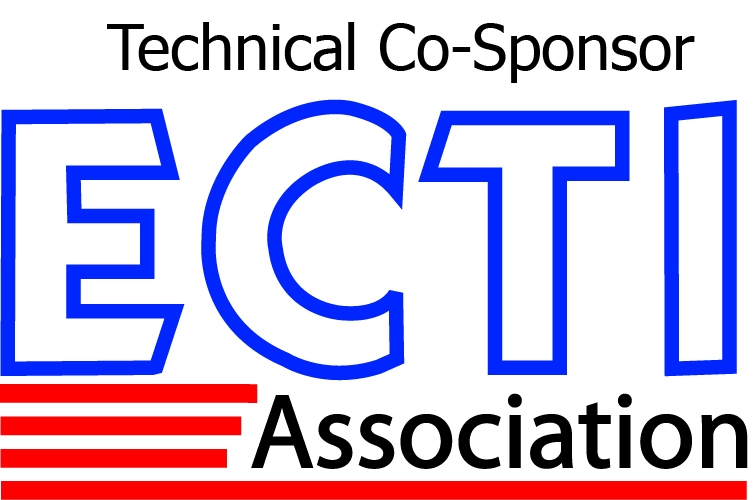Explicit and Implicit Aspects of Human Cognition and Behavior
Professor Dr. Katsumi Watanabe
Faculty of Science and Engineering
Waseda University
Tokyo, Japan
Abstract
In this talk, I would like to illustrate how human minds and brains may be approached scientifically, with a particular focus on human visual system and its cognitive characteristics. Understanding human cognition and behavior is essential for any information system, in particular in emerging fields such as Artificial Intelligence, Virtual Reality, and Robotics, etc.
Cognitive sciences involve studies on information systems, which obviously include humans, by examining what we can do (i.e., performances), what we cannot do (i.e., limits), what we are good or bad at (i.e., species-specific characteristics), and the extent to which we can change (plasticity). As cognitive science is interdisciplinary by its nature and the ranges of interests and issues vary, setting several must-follow principles would be vital; here I would list just several ones for handling human cognition and action: experimental attitude, complexity appreciation, appropriate reductionism, evolutional perspective, and understanding dynamically changing systems.
Then, I shall discuss some important aspects of human cognition and action by showing visual demonstrations and discuss four issues in cognitive sciences. Bottom-up process versus Top-down process: Human cognition and actions are based on various automatic, stimulus-driven processes as well as deliberative, internally-driven processes. Although it is often difficult to disentangle these two processes, it is a good strategy to examine to what extent a phenomenon at hand is based on bottom-up processes and top-down processes. Interaction between Perception & Action: What we perceive is not necessarily identical to what we act on. Sometimes, perception and action are dissociable and sometimes they interact. Due to these dissociable and interacting bottom-up and top-down processes and the relationship between perceptual and action, we experience the complex mixture of conscious and unconscious effects.
Keynote Speaker Biography
 Katsumi Watanabe is Professor at Waseda University and Visiting Associate Professor at University of Tokyo. He received B.A in experimental psychology and M.A. in life sciences from the University of Tokyo and his PhD in Computation and Neural Systems from California Institute of Technology, for his work in crossmodal interaction in humans. He was a research fellow at National Institute of Health (USA) and a researcher at the National Institute of Advanced Science and Technology (Japan). His research interests include: scientific investigations of explicit and implicit processes, interdisciplinary approaches to cognitive science, and real-life applications of cognitive science.
Katsumi Watanabe is Professor at Waseda University and Visiting Associate Professor at University of Tokyo. He received B.A in experimental psychology and M.A. in life sciences from the University of Tokyo and his PhD in Computation and Neural Systems from California Institute of Technology, for his work in crossmodal interaction in humans. He was a research fellow at National Institute of Health (USA) and a researcher at the National Institute of Advanced Science and Technology (Japan). His research interests include: scientific investigations of explicit and implicit processes, interdisciplinary approaches to cognitive science, and real-life applications of cognitive science.
|
| Sponsored by |
  |
 |

IEEE Catalog Number : 39384 |
 |
| |
| Patronage by |
 |
 |
| |
| Conference News: |
- Feb 7, 2017: Conference report has been posted!!!
- Jan 11, 2017: Conference program has been posted!!!
- Dec 27, 2016: Accomodation page has been posted!!!
- Dec 26, 2017: Registration status has been checked!!!
- Dec 14, 2016: Registration page has been opened!!!
- Dec 10, 2016: Paper status has been notified!!!
- Nov 11, 2016: The submitted papers have been assigned!!!
- Nov 10, 2016: The submission to KST-2017 has been closed!!!
- Oct 20, 2016: The FINAL submission deadline has been extended!!!
- Sep 30, 2016: The submission deadline has been extended!!!
- Sep 1, 2016: Accpeted workshops have been announced!!!
- Sep 1, 2016: Accpeted special sessions have been announced!!!
- May 1, 2016: The submission site (@Easychair) is ready for all researchers
- Apr 11, 2016: LOA status for conference record #39387 was approved!!!
- Apr 1, 2016: Call for Workshop has been announced!!! (1st Call)
- Apr 1, 2016: Call for Special Session has been announced!!! (1st Call)
- Apr 1, 2016: Call for Papers has been announced!!! (1st Call)
|
|